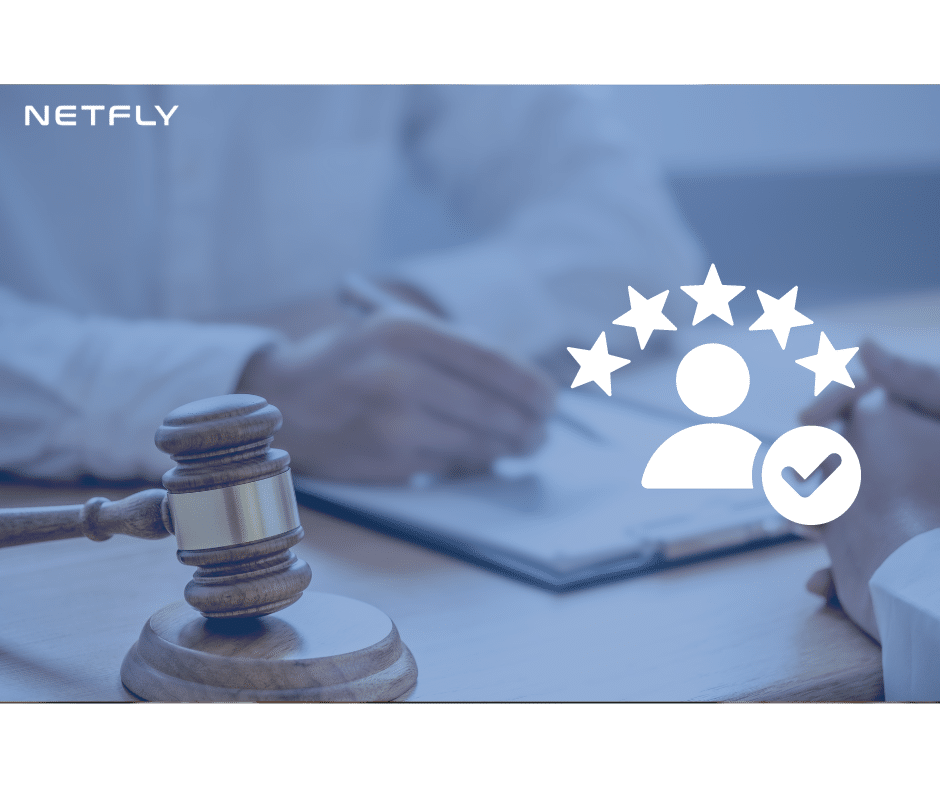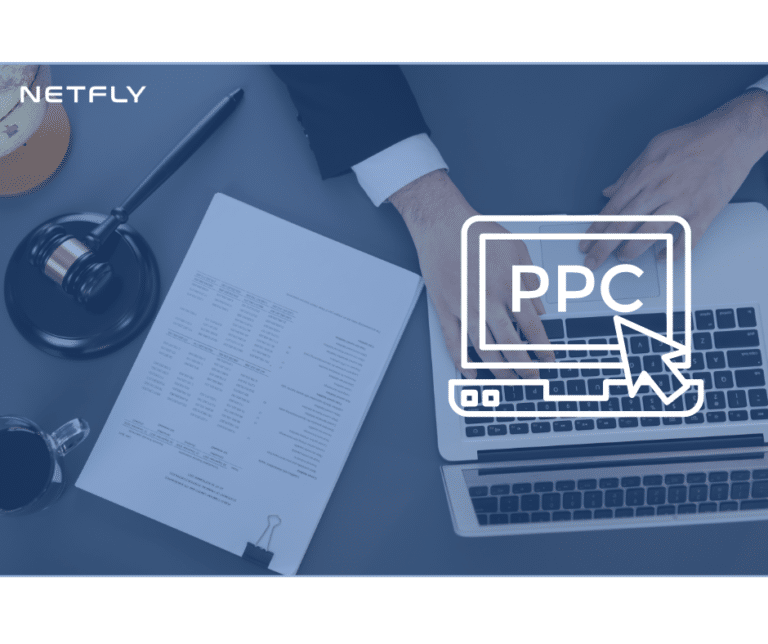Transform your legal career and become an authority by building an irresistible personal brand. Start by understanding and leveraging what sets you apart—your unique value proposition. Use digital platforms strategically to amplify your online presence and engage your audience consistently. Foster strong professional networks by connecting with peers and mentors at industry events. Create relatable and engaging content that showcases your expertise, using storytelling and visuals to captivate. Maintain consistency in communication style and visual branding across all platforms to build trust and credibility. By aligning these strategies effectively, you’ll discover the potential to elevate your standing in law.
Key Takeaways
- Identify and leverage your unique value proposition to stand out in the legal field.
- Cultivate a consistent online presence to enhance credibility and professional visibility.
- Engage on suitable digital platforms to showcase legal expertise and build trust.
- Create engaging content that resonates with audience needs and strengthens authority.
- Build and maintain strategic professional networks for collaborations and referrals.
Understanding Personal Branding
Personal branding isn’t just a buzzword; it’s a strategic tool that sets you apart in the competitive world of law. As an attorney, cultivating a strong personal brand can enhance your reputation, amplify your influence, and drive your career forward. Your online presence is a critical component of this process. It’s where potential clients, colleagues, and even employers first encounter your professional persona. By strategically curating your online profiles, you make certain that every post, article, and interaction reflects the expertise and values you want to project.
Consistency is key to building a memorable brand. It’s not just about having a polished LinkedIn profile or an impressive website; it’s about making sure that every piece of content you share aligns with your core message. Whether you’re writing a legal blog, posting on social media, or speaking at events, maintaining brand consistency strengthens your credibility and fosters trust. This consistency should extend across all platforms, creating a unified and recognizable presence. By leveraging these strategies, you construct a personal brand that not only highlights your professional strengths but also elevates your standing in the legal community.
Identifying Your Unique Value
To build a personal brand that stands out in law, you’ve got to uncover your core strengths and put them front and center. Think about what distinct expertise you bring to the table that others don’t, and use that to your advantage. By strategically highlighting these unique qualities, you’ll carve out a niche that not only attracts clients but also establishes you as an authority in your field.
Discover Your Core Strengths
Understanding your core strengths is essential in crafting a personal brand that stands out in the legal field. To do this, start with self-reflection. Take a moment to think deeply about what makes you unique. What skills have you developed over the years that others may find challenging? Consider feedback you’ve received from peers, mentors, or clients. Their insights can often illuminate strengths you might overlook.
Next, conduct a thorough skill assessment. List your abilities and categorize them based on expertise and passion. Which of these skills do you excel at? What tasks do you find most fulfilling in your legal practice? This exercise will help you pinpoint your unique value proposition, the cornerstone of your personal brand.
Highlight Distinct Expertise Areas
Imagine the impact of a well-crafted argument in a courtroom; that’s the kind of clarity and precision you need when highlighting your distinct expertise areas. Your goal is to position yourself as the go-to authority in a niche specialization within the legal field. It’s not just about what you know, but how you leverage that knowledge to define your market positioning. When you expertly communicate your unique value, you carve out a space that sets you apart from the competition.
Start by identifying the specific areas where you excel. Are you a whiz at intellectual property law? Perhaps your strength lies in environmental legislation. Whatever it is, your subject matter authority must be apparent. This is where thought leadership comes into play. Share insights, publish articles, or speak at industry events to reinforce your expertise.
Your distinct expertise isn’t just about skills—it’s about influence. By strategically highlighting your specialization, you build not only a personal brand but a reputation for excellence. This approach not only attracts clients but also earns respect from peers, establishing you as a leader in your legal domain.
Leveraging Digital Platforms
In today’s digital age, mastering the art of leveraging digital platforms is essential for building a compelling personal brand in the legal field. Engaging effectively across these platforms enhances your digital engagement and strengthens your online reputation. Begin by identifying which platforms align best with your professional goals. LinkedIn is indispensable for legal professionals, offering a space to showcase your expertise and connect with industry peers.
Strategically share content that highlights your unique insights and legal acumen. This could be articles, case studies, or commentary on recent legal developments. Consistency is key, so establish a posting schedule that maintains your visibility and relevance. Engaging with your audience through comments and discussions helps to foster a sense of community and trust.
Building Professional Networks
While using digital platforms effectively enhances your personal brand, building professional networks is equally important for long-term success in the legal field. You need to adopt strategic networking strategies to connect with others who can influence your career. Begin by attending industry events where you can meet peers, mentors, and potential clients. These gatherings offer a golden opportunity to showcase your expertise and build genuine relationships that can lead to future collaborations or referrals.
Don’t underestimate the power of community involvement in strengthening your network. Engage actively with local organizations and legal associations. By volunteering your time or offering pro bono services, you demonstrate commitment and gain visibility among influential circles. This not only enhances your reputation but also opens doors to new opportunities and partnerships.
Creating Engaging Content
Crafting engaging content is a pivotal strategy for establishing a compelling personal brand in the legal field. Your content strategy should focus on drawing in your audience and keeping them invested. Start by understanding your audience’s needs and preferences; this will guide you in creating content that resonates. Audience engagement is more than just views—it’s about sparking conversations and building relationships.
Harness the power of storytelling to make complex legal concepts relatable and memorable. Sharing personal anecdotes or client success stories can humanize your legal expertise, making it more accessible. Remember, your audience connects with stories, not statutes.
Incorporate visual appeal to enhance your content’s impact. Infographics, videos, and well-designed graphics can break down dense information, making it easier to digest. A visually appealing presentation not only captures attention but also aids in retention.
Strategically blend these elements to craft content that not only informs but also inspires action. By focusing on a robust content strategy and prioritizing audience engagement, you’ll not only establish authority in your field but also create a personal brand that’s both authentic and irresistible.
Maintaining Brand Consistency
To maintain brand consistency, guarantee your visual identity is cohesive across all platforms, as it reinforces recognition and trust. Consistent communication style is vital; it should reflect your professional persona and resonate with your audience. Finally, a unified online presence ties it all together, making sure your message and values are clearly conveyed, no matter where clients find you.
Visual Identity Cohesion
Achieving visual identity cohesion is vital for maintaining brand consistency in the legal field. When your branding elements are aligned, they create a powerful and recognizable image that resonates with your audience. Start by establishing a unified color palette and typography that reflects your firm’s values and expertise. These design principles should be evident across all materials, from business cards to your website, ensuring clients instantly associate these elements with your practice.
Consider the impact of your logo as a cornerstone of your visual identity. A well-crafted logo communicates professionalism and builds trust. Use it consistently across all platforms—your email signature, social media profiles, and even office signage. This repetition reinforces your brand’s presence in clients’ minds.
Photos and imagery also play a pivotal role. Opt for visuals that reflect the tone of your practice, whether it’s modern and innovative or traditional and authoritative. Consistent imagery helps convey your brand message effectively.
Consistent Communication Style
Maintaining a consistent communication style is vital for reinforcing your personal brand in law. Your brand voice should be unique, reflecting your individuality and professional values. It’s not just about what you say, but how you say it. Are you formal, approachable, or assertive? Whatever your choice, consistency is crucial. This uniformity helps clients recognize and trust you, knowing precisely what to expect every time they interact with your brand.
Developing a robust content strategy is equally important. Your content should align with your brand voice across all platforms, whether it’s emails, legal memos, or client consultations. By doing so, you strengthen your expertise and reliability. A strategic content plan that outlines topics, tone, and delivery channels will guarantee that every piece of communication supports your brand identity.
Unified Online Presence
A unified online appearance is the cornerstone of maintaining brand consistency in the legal sector. In today’s digital era, your online reputation can make or break your career. You need to guarantee that your brand messaging is consistent across all platforms. This involves your website, LinkedIn profile, and even your Twitter feed should convey the same values, expertise, and tone. Consistency builds trust, and trust is essential when potential clients are deciding whom to hire.
Start by defining your core brand messaging. What are your key strengths and unique selling points? Once you’ve established this, apply it consistently across your online platforms. Your website should mirror your LinkedIn profile, and your social media should reinforce these messages. Using the same profile picture, color schemes, and taglines helps in creating a coherent look and feel.
Regularly audit your online presence to ensure alignment. Is your content up-to-date? Are your achievements highlighted consistently? By maintaining a sharp, unified online presence, you project reliability and professionalism. This strategic approach not only enhances your online reputation but also positions you as an authority in your field, making you irresistible to potential clients.
Frequently Asked Questions
How Can I Handle Negative Feedback While Building My Personal Brand?
Embrace negative feedback as a growth tool. Respond professionally to manage your online reputation. Strategically address concerns, showing you’re receptive and adaptable. This proactive feedback management strengthens your brand, transforming critiques into opportunities for improvement and connection.
What Role Does Public Speaking Play in Establishing a Personal Brand in Law?
It’s no coincidence that public speaking boosts your personal brand by showcasing thought leadership. By engaging audiences, you create networking opportunities, strategically positioning yourself as an authority in law. Embrace it, and your brand will thrive.
How Do I Measure the Success of My Personal Branding Efforts?
To measure your personal branding success, evaluate key metrics like client engagement, social media growth, and referral rates. Track progress by setting clear benchmarks. Regularly review these indicators to strategically adjust and boost your brand’s impact.
Can Personal Branding Impact My Career Advancement Opportunities in Law?
Like a magnet attracting opportunities, your personal brand can greatly impact career advancement. By employing strategic networking strategies and enhancing your online presence, you’ll open doors and create pathways to success in the competitive legal field.
What Are Some Common Pitfalls to Avoid When Developing a Personal Brand?
Don’t ignore brand consistency; it confuses your target audience. Avoid over-promoting yourself; it can appear insincere. Stay authentic and align your messaging with your values. Keep your audience’s needs in mind and engage genuinely for real connections.
Conclusion
In the world of law, a strong personal brand is your golden ticket to standing out. Remember, “actions speak louder than words”—so consistently showcase your unique value across digital platforms and professional networks. Engage with your audience through thoughtful content and maintain a steady brand presence. By strategically crafting your brand, you don’t just become an attorney; you evolve into an authority in your field. Seize the opportunity to shape perceptions and open doors to new possibilities.










